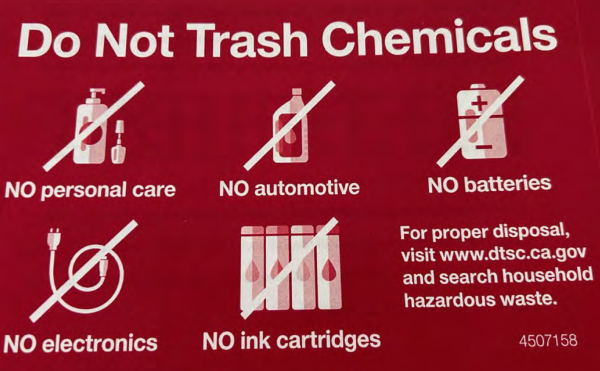By Suzanne Potter, Producer
More new babies are born in the fall than any other time of year which also means some people who give birth may be heading into the winter months with what is sometimes called the “baby blues.”
Experts said postpartum depression is more than just the fatigue and life changes that come with being a new parent. In California and across the country, there are more treatment options, including a relatively new, fast-acting pill for severe postpartum depression, called Zurzuvae.
Dr. Donna O’Shea, OB/GYN and chief medical officer for population health at UnitedHealthcare, advised women who feel they are struggling to seek help rather than trying to go it alone.
“One in five women experience pregnancy-related mental health conditions,” O’Shea pointed out. “Of women who have postpartum depression, 20% will face suicidal thoughts and even attempt self-harm.”
She noted people have a higher risk of postpartum depression if they have a history of anxiety or depression, if they come from an under-resourced community, use drugs or alcohol or if they experience fertility challenges, an unwanted pregnancy or a difficult birth.
Rhonda Smith, executive director of the nonprofit California Black Health Network, said equity issues are also at play here.
“Only about 4% of mental health providers are Black,” Smith stressed. “Trying to find a mental health service provider who looks like us, that is very, very difficult.”
Women are also urged to contact their doctors, activate their personal support network and find out if their company offers an employee assistance program including mental health resources.
Disclosure: UnitedHealthcare contributes to Public News Service’s fund for reporting on Health Issues. If you would like to help support news in the public interest, https://www.publicnewsservice.org/dn1.php.







